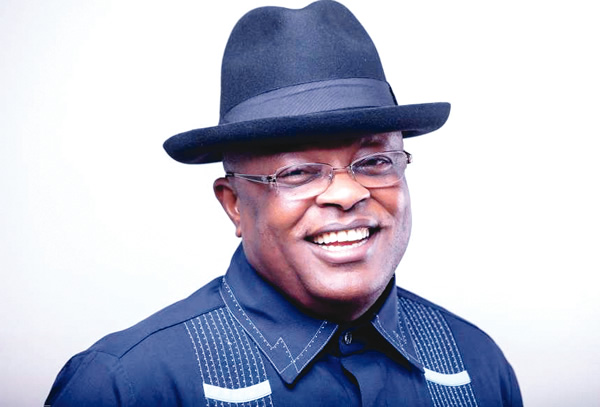The Federal Government has reaffirmed its commitment to completing a critical stretch of the East-West Road, setting a December 2025 target for the full structural delivery of the 15-kilometre dual carriageway between Eleme and Onne in Rivers State.
In a post shared via social media platform X, Kamorudeen Yusuf, Special Assistant to President Bola Tinubu on Special Duties, revealed that significant progress has been made on the long-awaited infrastructure project.
According to Yusuf, Minister of Works Dave Umahi has assured that the Eleme section of the project will become motorable within the next 10 days. Comprehensive construction including bridges, flyovers, and other structural components is scheduled for completion during the upcoming dry season.
The East-West Road, a N156 billion investment, is considered one of Nigeria’s most strategic infrastructure corridors. Stretching through the heart of the Niger Delta, it connects major economic and industrial hubs, including key petroleum refineries, petrochemical facilities, and maritime export terminals.
“The importance of this road goes beyond transportation,” the statement emphasized. “It is a backbone for Nigeria’s industrial and export capabilities.”

Work on the Port Harcourt-bound portion of the project is expected to resume fully by June 1, 2025, further reinforcing the administration’s push for transformative infrastructure.
Designed with longevity and resilience in mind, the dual concrete highway features modern amenities such as solar-powered lighting, CCTV surveillance, designated rest areas, and tolling systems—part of a broader vision to modernize Nigeria’s road network.
Yusuf also highlighted the paradigm shift in the federal government’s approach to road construction. “This administration is moving away from short-term repairs toward durable, future-focused infrastructure that will remain functional for the next half-century or more,” he said.
He credited President Tinubu’s leadership with introducing a new era in public works prioritizing sustainability, economic impact, and regional integration through robust engineering.
The East-West Road project has long been a symbol of both infrastructural challenges and promise in the Niger Delta. Its imminent progress signals renewed hope for smoother logistics, increased regional connectivity, and long-term economic growth.




